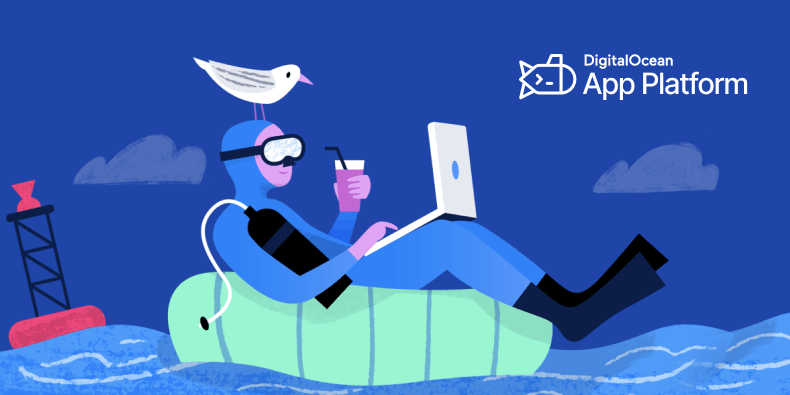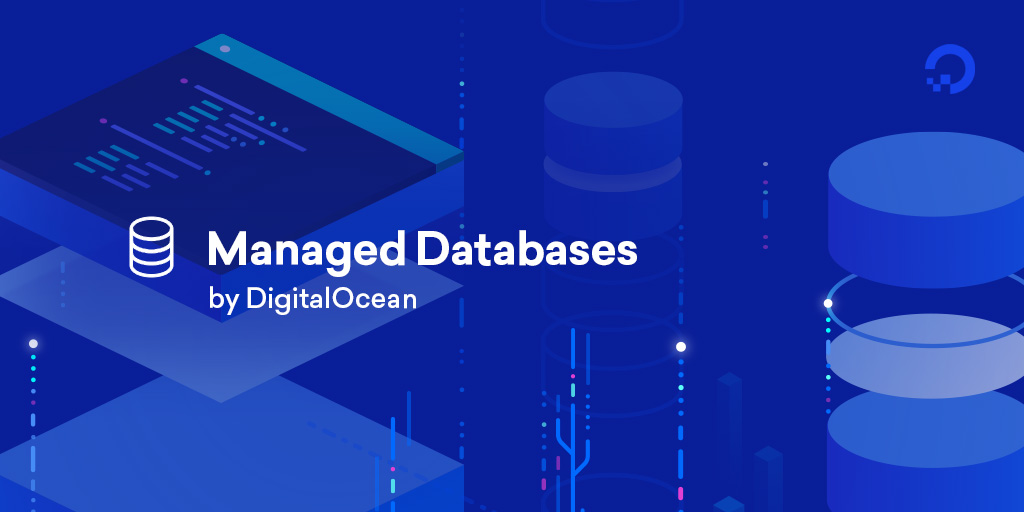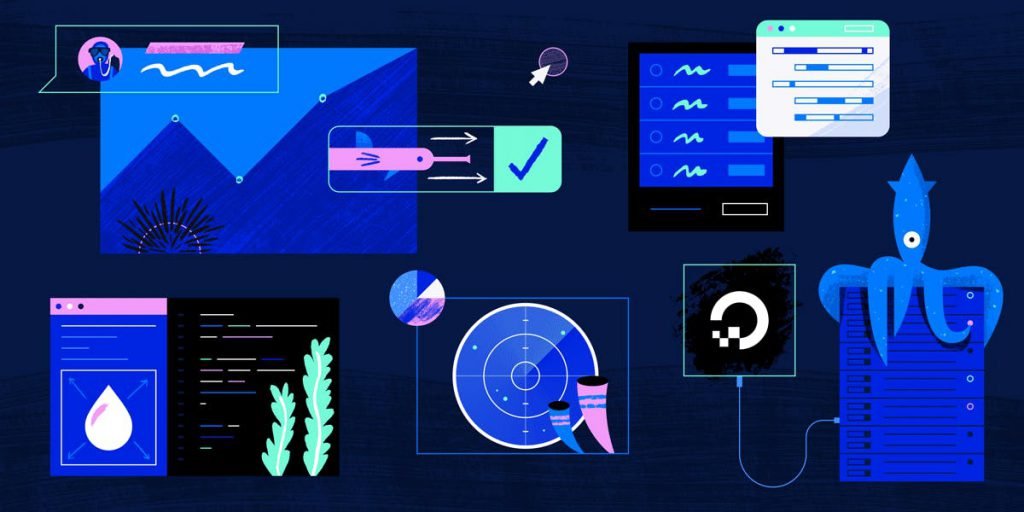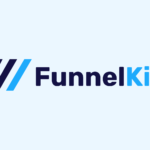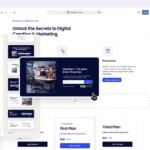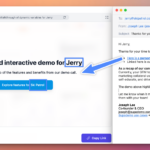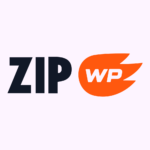Curated blog with news, events, listings, jobs and exciting stories about web design & web development.
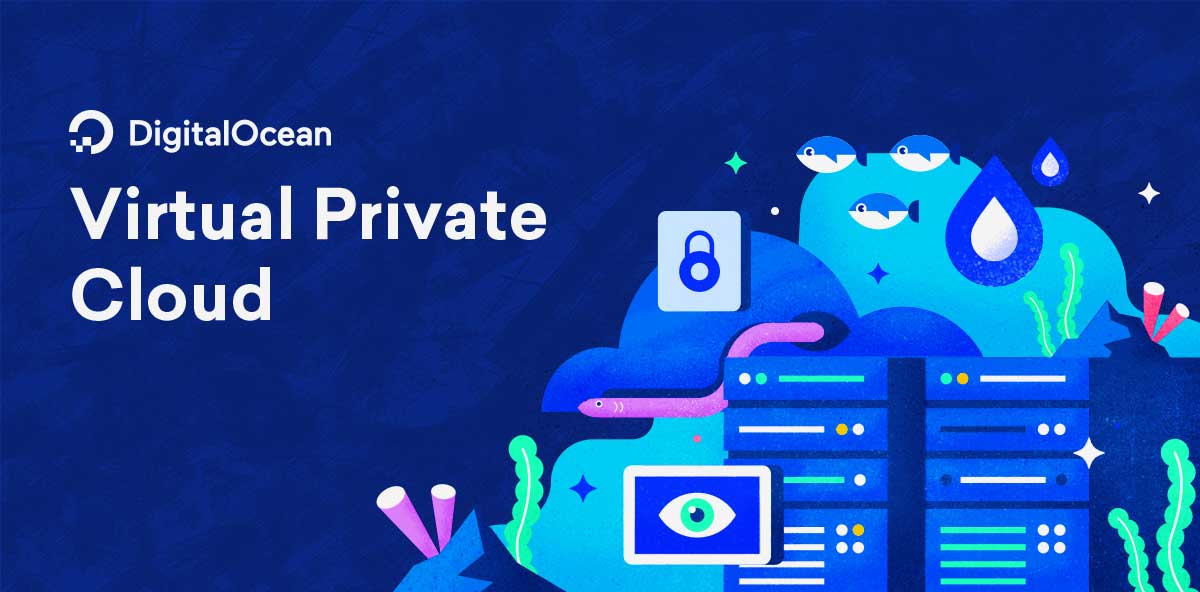
DigitalOcean Introduces Virtual Private Cloud (VPC) & Trust Platform
DigitalOcean just announced the Virtual Private Cloud (VPC) along with their new Trust Platform. Together, they make it easier to develop and run serious business applications with even greater security and confidence.
Get $100 In Free DigitalOcean Credits »
Virtual Private Cloud
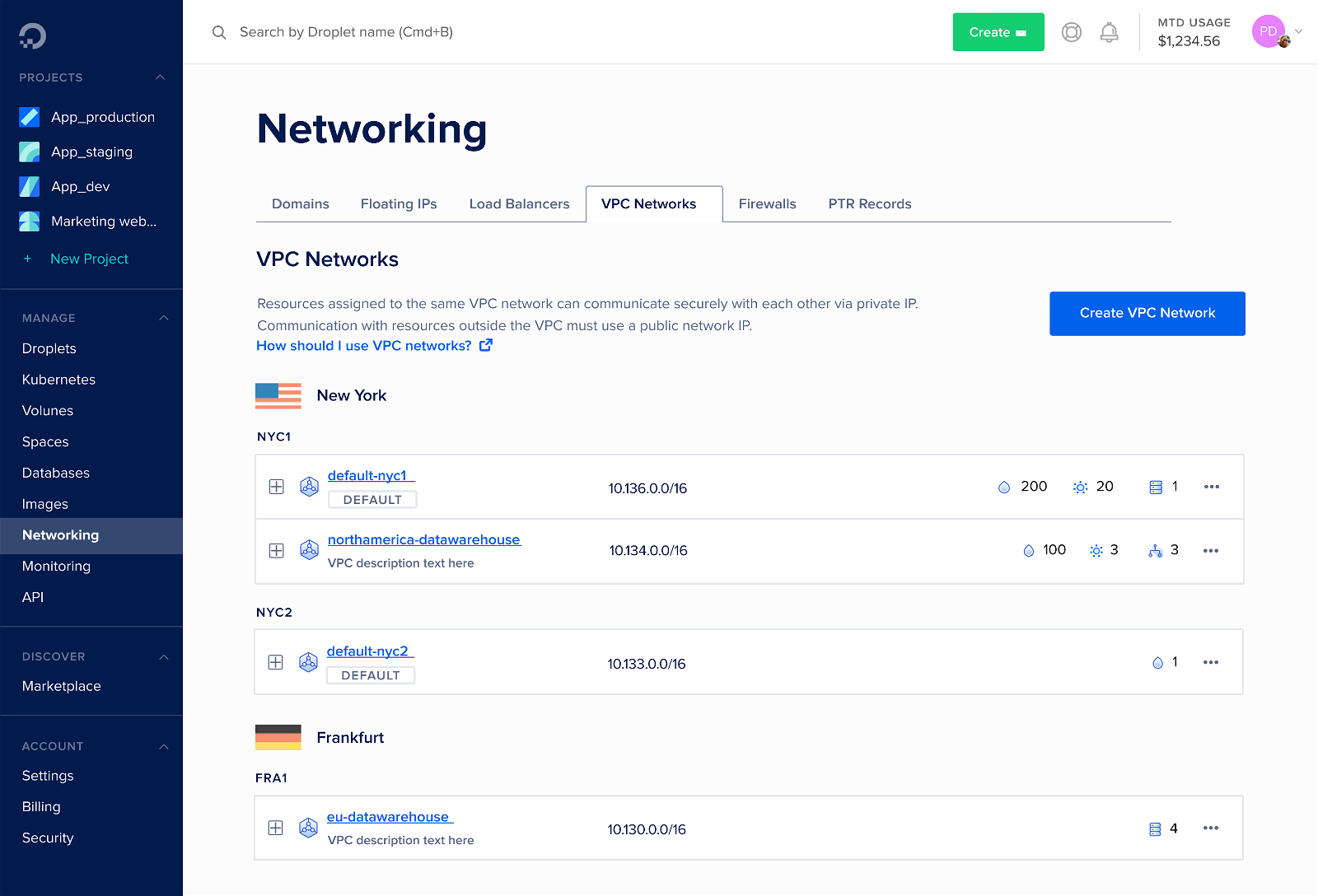
For some time now DigitalOcean has been allowing you to run resources in a private network. Once activated, Private Networking creates a second network interface that is only accessible to resources within the private network.
VPC is the a natural progression of their existing functionality, and boasts the following improvements:
- Instead of having just one private network, you can now create multiple private networks for your account or team
- Auto-generate your private network’s IP address range, or specify your own
- Configure Droplets to behave as Internet gateways
If you previously activated Private Networking for your resources, you do not need to do anything to take advantage of VPC. Your account’s previous private networking has now been converted to a “standard” VPC. Therefore no further action is required.
However, if you are interested in setting up multiple private networks for your account or team, simply navigate to the VPC tab in the Networking section of your dashboard and go through a few simple steps. You can use VPC to create as many private networks as you want, and traffic within them is free.
Trust Platform
The Trust Platform is your hub for all things security and privacy. Many businesses demand features like VPC, and also want to understand how DigitalOcean secures their infrastructure and protect customer data. It is basically a microsite where you can get all your questions about security and privacy answered and download their available security certifications.
In other news, Container Registry is now available to all users as an Early Availability release. You can easily store and manage private container images, and push images seamlessly to DigitalOcean Kubernetes. To try it, navigate to the Container Registry tab within the Images section. Also, Load Balancer now supports keepalive for backend connections over HTTP. Finally, the Spaces CDN now has separate caches for unique URLs, including query strings.
The Fair Freelancer Marketplace
Freelancers, would you like to win 1 of 5 free business profiles for life? Sign up to enter the competition.
Ahoi.pro, the new fair freelance marketplace is about to launch! Sign up to be among the first to be notified!
FTC Disclosure: We may receive a payment in connection with purchases of products or services featured in this post.
